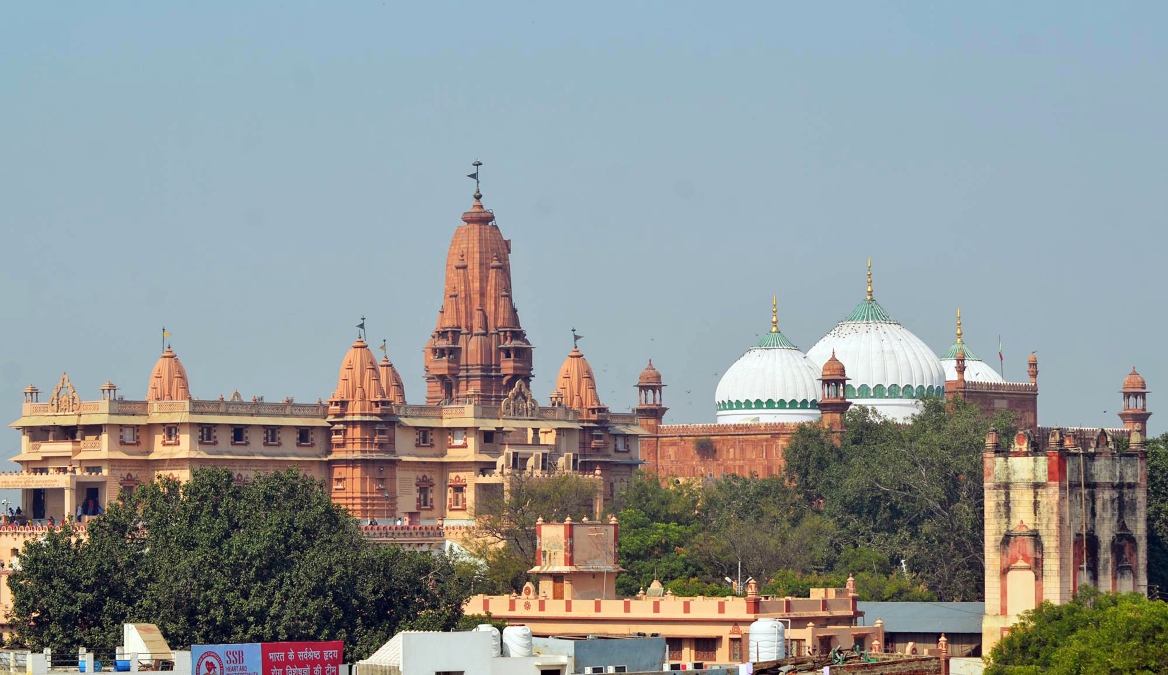The Allahabad High Court has dismissed a set of petitions filed by the Muslim side challenging the validity of a civil suit currently underway in a Varanasi court. This lawsuit seeks to reinstate a temple at the site where the Gyanvapi Mosque stands, with the Hindu side claiming that the mosque is an integral part of the temple.
Allahabad High Court rejects petitions of Sunni Central Waqf Board and Anjuman Intezamia Masjid Committee regarding the ownership between Gyanvapi Mosque and Kashi Vishwanath Temple in Varanasi
---Advertisement---— ANI (@ANI) December 19, 2023
Entities like the Anjuman Intezamia Masjid Committee, managing the Gyanvapi Mosque, the UP Sunni Central Waqf Board, and others contended that the suit is barred under the 1991 Places of Worship Act. This act typically preserves the religious identity of holy sites as it existed at India’s independence, excluding the Ram Janmabhoomi-Babri Masjid site.
Allahabad High Court Ruling
The court ruled that this case of national significance is indeed admissible and not restricted by the Places of Religious Worship Act, 1991. It clarified that the mosque complex cannot possess a dual religious identity, asserting it must be either Hindu or Muslim.
Furthermore, the court directed the lower court to conclude the hearing on this suit within six months, emphasizing the urgency of the matter. This decision bears significant implications for the ongoing legal dispute revolving around this sacred location.
Archaeological Survey of India Report
This verdict arrives following the Archaeological Survey of India (ASI) submitting a survey report in a sealed cover regarding the mosque complex to the district court. The next hearing is scheduled for December 21, and if deemed necessary, the lower court may request additional investigation by the ASI.
The Kashi Vishwanath temple, a revered Hindu shrine dedicated to Lord Shiva, stands on the western bank of the Ganges River in Varanasi. Adjacent to it is the Gyanvapi Mosque, erected by Mughal Emperor Aurangzeb in the 17th century.
This dispute has traversed various legal avenues over the years, fueling tension and controversy surrounding the issue.













